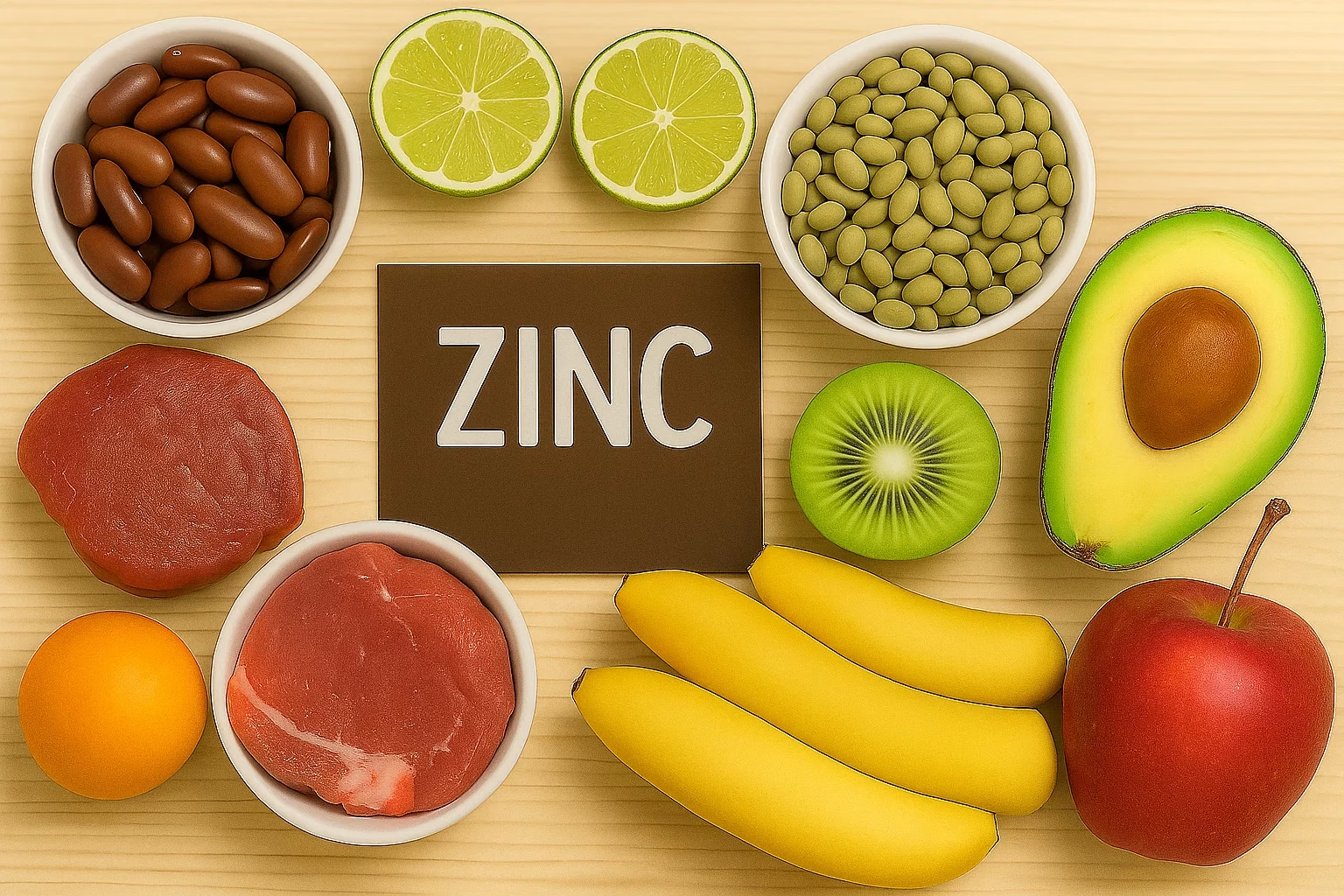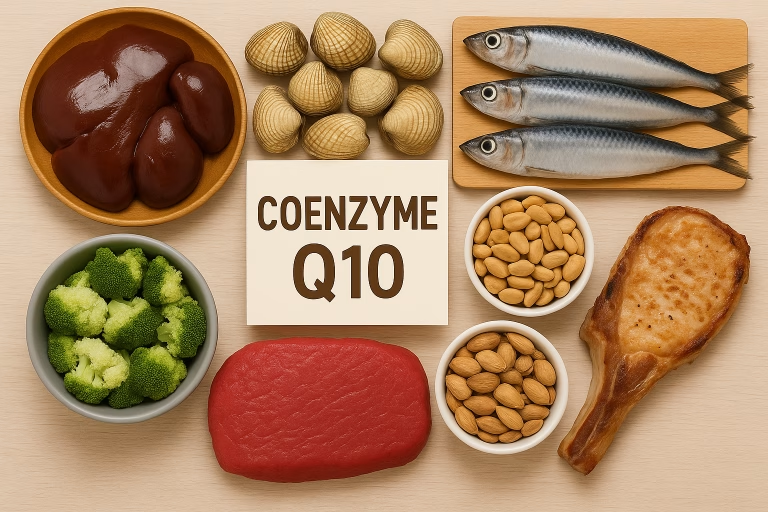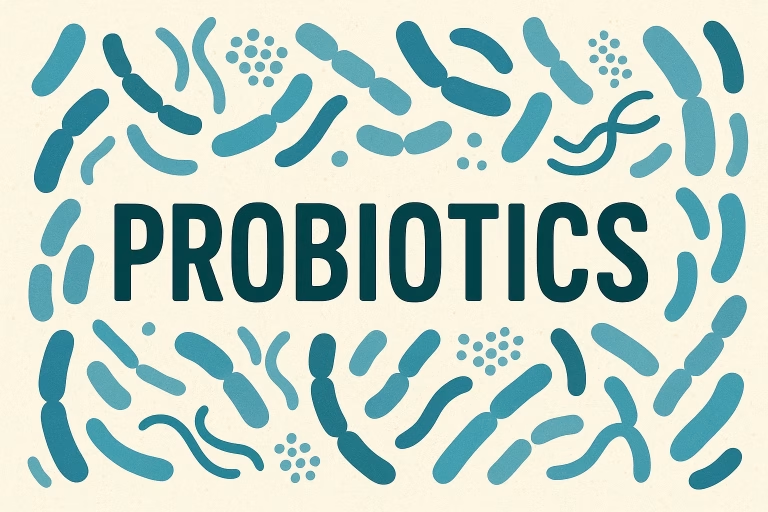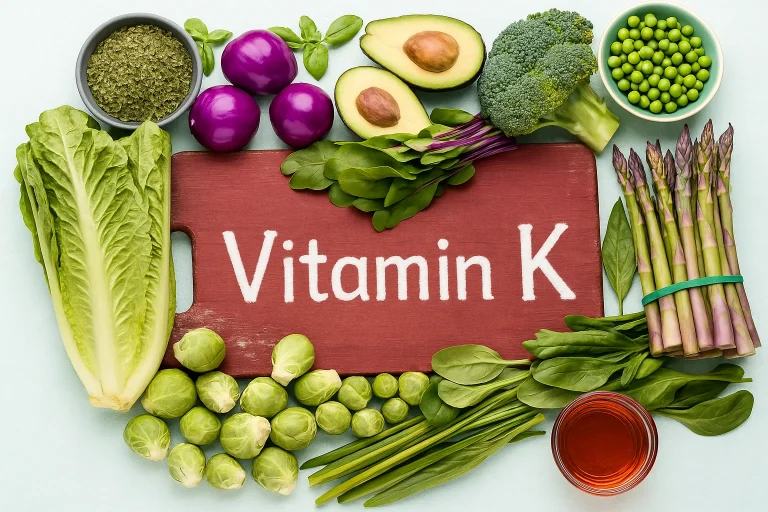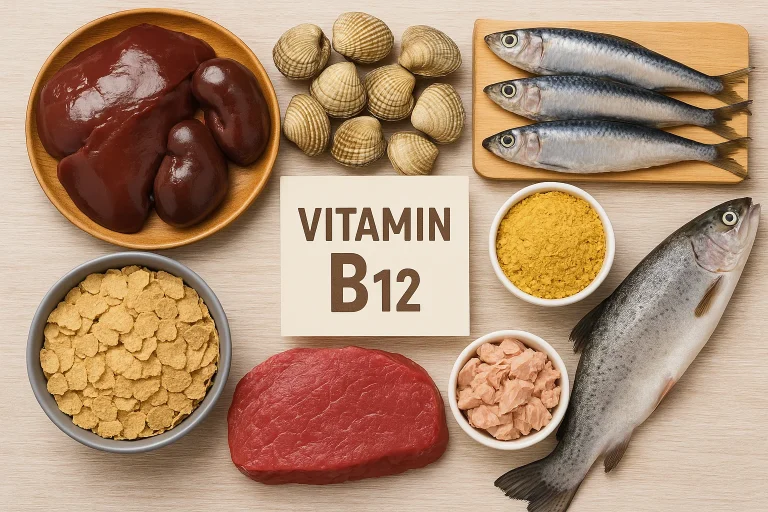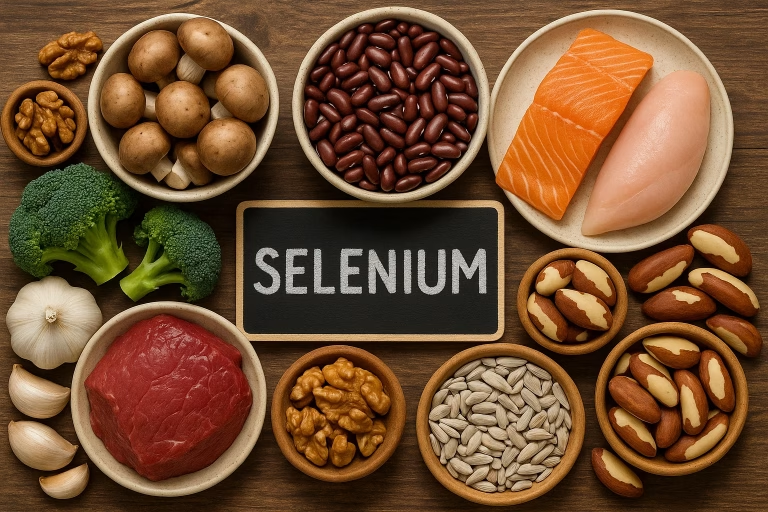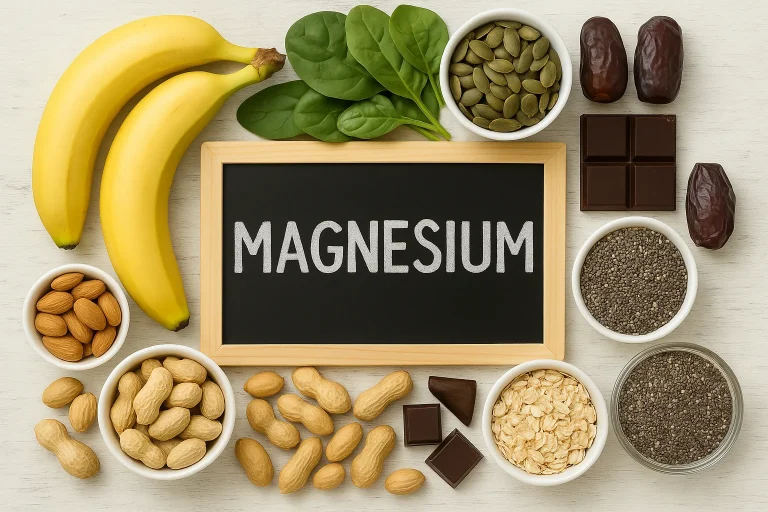Zinc Mineral Review: Benefits, Forms & Supplement Guide for Adults 40+
Why Zinc Matters After 40
Zinc is an essential trace mineral that supports a wide range of biological functions in the body. It is crucial for immune response, wound healing, DNA synthesis, hormone regulation, and cell division. After the age of 40, natural absorption of zinc may decline due to age-related digestive changes, chronic stress, and the use of certain medications. This makes zinc supplementation a strategic part of healthy aging.
Top 6 Benefits of Zinc for Adults Over 40
1. Strengthens the Immune System
Zinc plays a vital role in maintaining the body’s immune defenses. It helps activate T-cells and other immune responses to fight off infections and viruses. Studies have shown that individuals with adequate zinc levels recover faster from illnesses and have fewer respiratory infections, especially in older adults.
2. Promotes Hormonal Balance
For both men and women, zinc influences hormone production. In men, it helps regulate testosterone levels, which can decline with age. In women, it supports estrogen and progesterone balance. A healthy hormonal system contributes to mood stability, libido, and metabolic efficiency.
3. Supports Skin Health and Wound Healing
Zinc is essential for maintaining healthy skin and facilitating the repair of damaged tissues. It supports collagen formation and protects skin cells from inflammation and oxidative stress. Zinc is also used in the treatment of acne, eczema, and psoriasis.
4. Aids in Cognitive Function
Zinc supports neurotransmitter function and synaptic communication in the brain. Deficiencies have been linked to memory problems and cognitive decline. While more research is needed, early studies show that zinc may help support mental clarity and delay age-related neurodegeneration.
5. Boosts Eye Health
Zinc is found in high concentrations in the retina and is involved in vitamin A metabolism. It plays a role in preventing age-related macular degeneration (AMD) and supports night vision. Zinc supplements are often included in eye health formulas for this reason.
6. Enhances Antioxidant Defenses
Zinc is a cofactor in antioxidant enzymes like superoxide dismutase (SOD), which help neutralize harmful free radicals. Antioxidant protection is essential for aging adults to reduce inflammation and lower the risk of chronic diseases.
Common Signs of Zinc Deficiency
- Weakened immune function
- Hair loss or thinning
- Delayed wound healing
- Loss of taste or smell
- Skin rashes or acne
- Brain fog or memory issues
- Frequent colds or infections
Adults over 40 are at greater risk due to declining absorption and dietary gaps. Certain medications like proton pump inhibitors, diuretics, and ACE inhibitors can also reduce zinc levels.
Types of Zinc Supplements
Choosing the right form of zinc can impact its absorption and effectiveness. Here are the most common and bioavailable forms:
Zinc Picolinate
One of the most easily absorbed forms. Ideal for general use and for those with digestive issues.
Zinc Citrate
Well-tolerated and commonly used in multivitamins. Offers good absorption with fewer stomach issues.
Zinc Gluconate
Often used in cold lozenges. Moderate absorption but more likely to cause nausea at higher doses.
Zinc Methionine
Highly bioavailable and often used in premium supplements. Combines zinc with the amino acid methionine for improved uptake.
Zinc Oxide
Less expensive and commonly found in basic supplements. Poorer absorption and not ideal for correcting deficiencies.
Recommended Dosage for Adults Over 40
Daily zinc needs vary by gender and health status. General recommendations are:
- Men: 11 mg/day
- Women: 8 mg/day
Therapeutic doses for immune support or deficiency correction may range from 15–30 mg daily. Always consult a healthcare provider before long-term high-dose use.
Best Practices for Zinc Supplementation
- Take zinc with food to reduce the risk of nausea.
- Avoid combining zinc with iron or calcium supplements at the same time, as they compete for absorption.
- Look for third-party tested, GMP-certified supplements.
Who Should Consider a Zinc Supplement?
- Adults over 40 seeking immune and hormone support
- Vegetarians or vegans (plant sources of zinc are less bioavailable)
- People with digestive issues like IBS or Crohn’s
- Those taking medications that lower zinc levels
- Individuals with frequent infections or slow healing wounds
Are There Side Effects?
Zinc is generally safe when used as directed. However, excess intake can lead to:
- Nausea and vomiting
- Headaches
- Low copper levels with long-term high doses
- Impaired immune function at extremely high doses
Do not exceed 40 mg per day unless advised by your healthcare provider.
Final Thoughts: Is Zinc Worth Supplementing?
Zinc plays a critical role in keeping your immune system strong, your hormones balanced, and your body functioning optimally — especially after 40. Whether you’re fighting fatigue, looking to support your skin or brain health, or aiming to stay ahead of age-related decline, zinc deserves a spot in your supplement plan.
Choose high-quality, bioavailable forms and follow dosage guidelines for best results. And remember, it’s not just about one mineral — but about a balanced, well-informed supplement routine.

